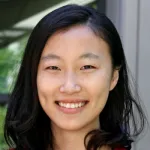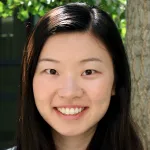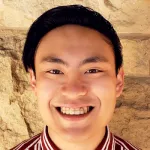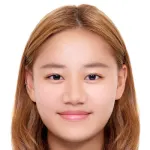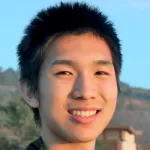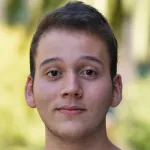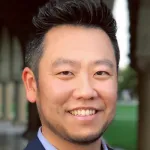
The Myung Research Group is a translational laboratory focused on two areas of clinical need:
- ophthalmic regenerative medicine through tissue engineering and drug delivery
- global health through mobile technologies and telemedicine.
Dr. Myung is an Assistant Professor of Ophthalmology at the Byers Eye Institute at Stanford and cataract surgeon at the VA Palo Alto Health Care System. He is also the Co-Director of the Ophthalmic Innovation Fellowship program and Faculty Fellow of both the Chemistry, Engineering, and Medicine for Human Health (CHeM-H) Institute and the Center for Innovation in Global Health (CIGH). He was the lead inventor of the Paxos Scope system at Stanford along with Robert Chang, MD, and Alexandre Jais, which was commercialized by DigiSight and registered with the FDA as a 510k Class II ophthalmic camera in November of 2015. Dr. Myung received his bachelor’s degree with Phi Beta Kappa honors in Molecular & Cellular Biology from Yale University, and both his Ph.D. in Chemical Engineering and M.D. from Stanford University where he was a Bio-X Fellow for his interdisciplinary research on biomimetic polymer alloys.
The Myung research group takes an interdisciplinary approach toward fostering regeneration of ocular tissues, by using chemistry to not only build biomimetic cellular architectures but also to target and release bioactive molecules to promote healing. Current projects are directed toward the use of bio-orthogonal and supramolecular crosslinking chemistries for the localized delivery of growth factors and/or stem cells to wound sites, the synthesis of bioactive wound dressings and vehicles, and the creation of biopolymeric tissue scaffolds.
Dr. Myung is also Director of the new Stanford Automated Teleophthalmology and Universal Screening (STATUS) Program, which is pushing the boundaries of telemedicine and AI to improve eye care worldwide. He and his collaborators investigate the role of mobile technologies and AI in enabling diagnostics and patient care outside of traditional health care settings. Their goal is to challenge current paradigms of eye care delivery through new digital health technologies and telemedicine to increase access to care in resource-limited settings both in the US and abroad. Dr. Myung led the development of Paxos Scope, the first and only smartphone-based camera system for both anterior and posterior segment imaging of the eye. This system has been shown to aid in the detection of referral-warranted eye disease across numerous clinical use cases, including diabetic retinopathy and retinopathy of prematurity (ROP), nursing homes, inpatient wards and emergency rooms, and remote village settings.
In collaboration with his retina, primary care, and endocrinologist colleagues at Stanford, he has organized and leads a Bay Area-wide Remote Diabetic Eye Care Program. Through this program, patients with diabetes can have their eyes photographed at clinics in Los Gatos, Santa Clara, Hayward, Oakland, Pleasanton, as well as Stanford main hospital and either be managed remotely by a retina specialist or referred in for treatment. The program is in the process of implementing an AI algorithm that enables autonomous interpretation of the captured retinal images without the input of a physician.


